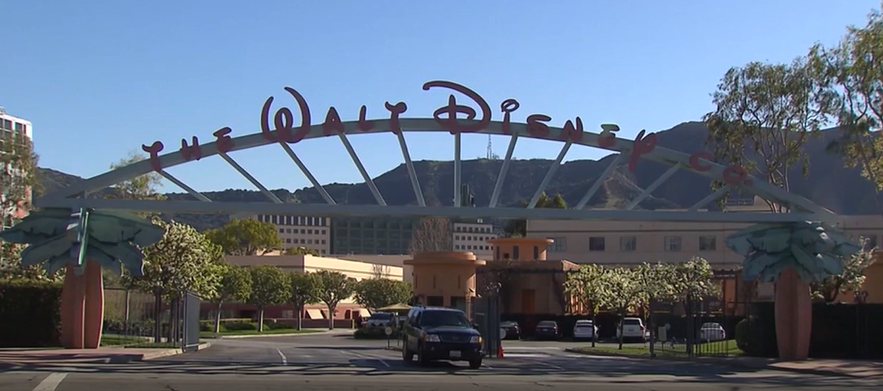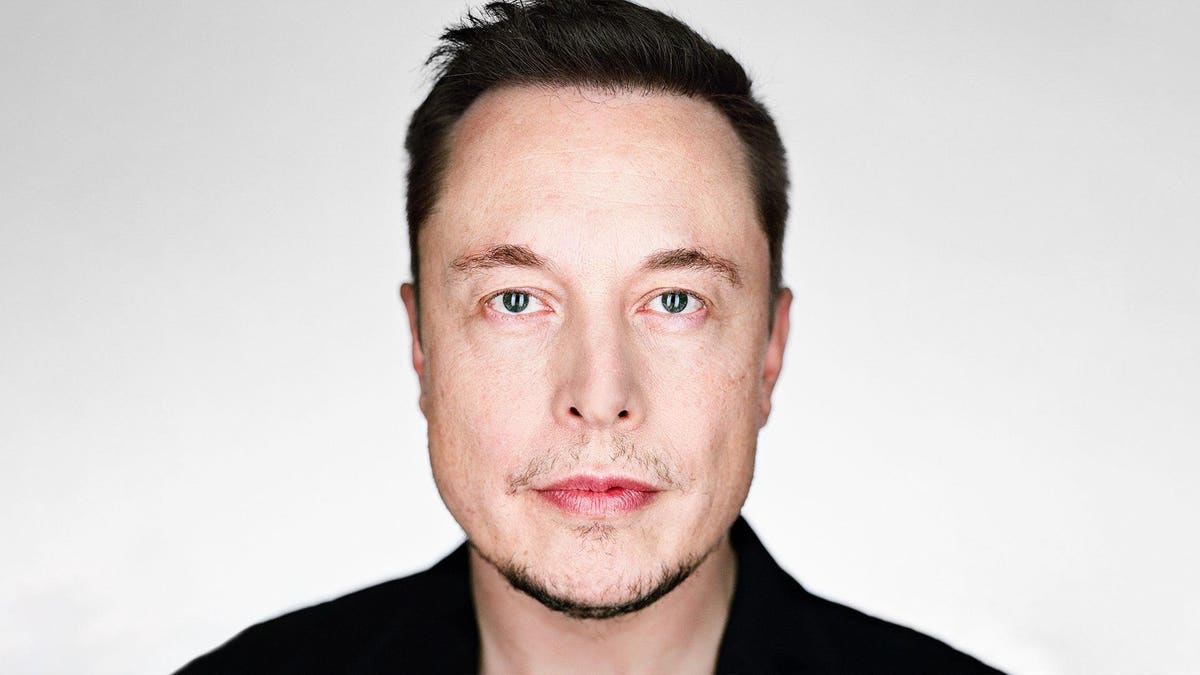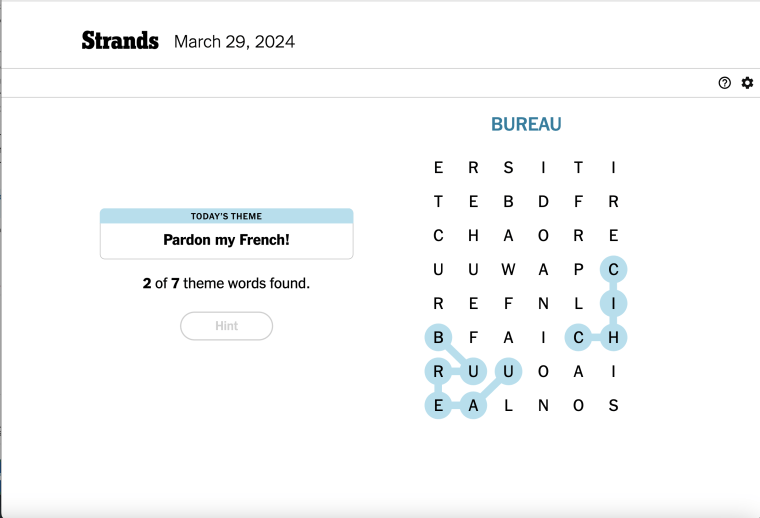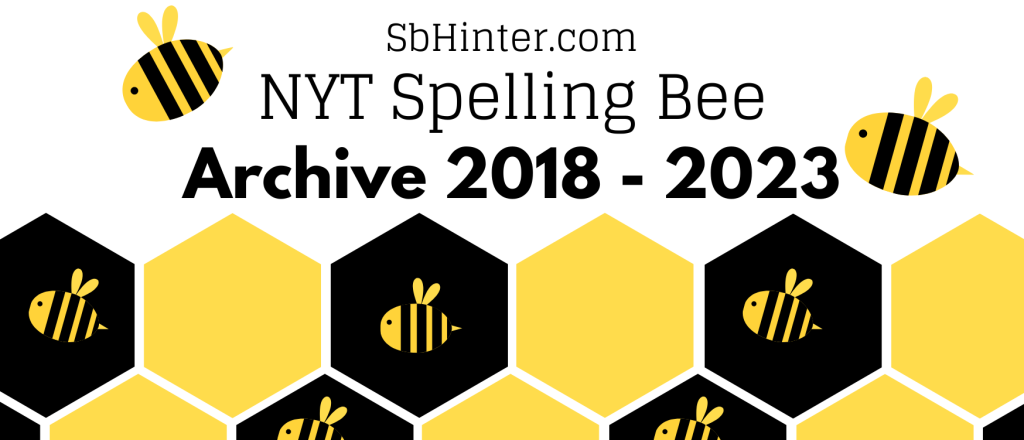X's Decision To Block Jailed Turkish Mayor's Account Sparks Debate

Table of Contents
The Context: Ekrem İmamoğlu's Imprisonment and Political Significance
Ekrem İmamoğlu, a prominent figure in Turkish politics, served as the Mayor of Istanbul before his imprisonment. His political career was marked by a strong opposition stance against the ruling party. His imprisonment stemmed from accusations of insulting public officials, a charge that has drawn considerable international criticism. The accusations and subsequent conviction are widely viewed by many as politically motivated, aiming to silence a powerful opposition voice. İmamoğlu’s significant following, both within Turkey and internationally, amplified the impact of his silencing. His active use of social media to communicate with his supporters and engage in political activism made his account a crucial tool for his political activities.
- İmamoğlu's role: A leading figure in the opposition CHP party, challenging the ruling AKP party.
- Charges against him: Accusations of insulting public officials, resulting in a prison sentence and a ban from politics.
- International reaction: Widespread condemnation from international organizations and governments, citing concerns about political persecution.
- Social media usage: İmamoğlu's account served as a vital platform for disseminating his message, engaging with supporters, and countering government narratives.
X's Justification for Blocking the Account
X has yet to release a detailed public statement explicitly justifying the account suspension of Ekrem İmamoğlu. However, potential reasons for the decision could include violations of X's evolving content moderation policies. While X often emphasizes its commitment to free speech, the platform maintains rules against incitement to violence, hate speech, and the spread of misinformation.
- Evolving content moderation policies: X's policies regarding content moderation have undergone significant changes under Elon Musk's leadership, leading to both praise and criticism.
- Possible claims of violations: It is possible that X cited violations of its terms of service, although the specific violations haven't been publicly disclosed.
- Allegations of misuse: It's speculated that the platform might have received complaints about the content posted from İmamoğlu's account, though these remain unconfirmed.
- Free speech vs. harmful content: The inherent tension between upholding free speech and preventing the spread of harmful content is central to this debate and X's decision-making process.
The Free Speech Argument: Defenders of İmamoğlu's Right to Expression
Many argue that blocking İmamoğlu's account constitutes censorship and undermines the principles of free speech. They contend that even controversial figures should retain the right to express their political views, particularly when facing accusations of politically motivated persecution. Critics point to the potential for biased application of platform rules, suggesting that similar actions by pro-government figures may not result in similar consequences.
- Protecting political speech: The importance of safeguarding political expression, even from those holding unpopular or dissenting viewpoints.
- Biased application of rules: Concerns about inconsistent enforcement of content moderation policies, potentially favoring certain political narratives.
- Role in democratic discourse: Social media platforms play a crucial role in facilitating democratic dialogue and debate, and blocking a prominent political figure limits this crucial exchange.
- International human rights concerns: The blocking of İmamoğlu's account raises serious concerns regarding the suppression of political dissent and freedom of expression under international human rights standards.
The Platform Responsibility Argument: X's Duty to Manage Harmful Content
Conversely, others argue that X has a responsibility to manage harmful content on its platform, even if it means restricting certain accounts. The argument centers on the potential for İmamoğlu's account (or accounts associated with him) to be misused for spreading misinformation, inciting violence, or disrupting public order. Balancing free speech with platform responsibility is a significant challenge for social media companies worldwide.
- Preventing harmful content: X’s obligation to prevent the spread of content that could incite violence, promote hate speech, or otherwise harm individuals or society.
- Impact on public safety: Arguments about the potential negative impact of certain posts on public safety or order.
- Balancing free speech and moderation: The inherent difficulty of establishing fair and consistent content moderation policies that respect free speech while mitigating harmful content.
- International legal and ethical frameworks: The interplay between international legal norms and ethical considerations in online content moderation.
The Broader Implications: The Power of Tech Giants and Global Censorship
X's decision regarding İmamoğlu's account has far-reaching implications for the future of online discourse and the power wielded by tech giants. The incident underscores the significant influence social media platforms have on political processes and democratic participation globally. It raises critical questions about transparency, accountability, and the potential for censorship on a massive scale.
- Shaping public opinion: The immense power of tech companies to shape public opinion and influence electoral outcomes.
- Censorship and suppression of dissent: The potential for social media platforms to be used to suppress dissenting voices and limit political participation.
- Need for transparency and accountability: The critical need for greater transparency and accountability from tech giants regarding their content moderation practices.
- Government regulation of social media: The ongoing debate about the appropriate role of governments in regulating social media content and protecting free speech.
Conclusion
X's decision to block the account of jailed Turkish Mayor Ekrem İmamoğlu raises crucial questions about free speech, censorship, and the responsibilities of social media platforms. The debate highlights the complex challenges of balancing the need to protect free expression with the duty to prevent the spread of harmful content. This incident underscores the significant power wielded by tech giants in shaping global political discourse, and the urgent need for a thoughtful and nuanced approach to online content moderation.
Call to Action: What are your thoughts on X's decision regarding Ekrem İmamoğlu's account? Share your perspective on the complex issues surrounding social media censorship, free speech, and platform responsibility in the comments below. Join the conversation – let's discuss the impact of X's actions on the freedom of expression in Turkey and beyond. #X #FreeSpeech #Turkey #EkremImamoglu #SocialMedia #Censorship #PlatformResponsibility

Featured Posts
-
 Disneys Upgraded Profit Outlook A Reflection Of Parks And Streaming Strength
May 09, 2025
Disneys Upgraded Profit Outlook A Reflection Of Parks And Streaming Strength
May 09, 2025 -
 The Trump Pirro Fox News Connection Implications Of The Dc Prosecutor Appointment
May 09, 2025
The Trump Pirro Fox News Connection Implications Of The Dc Prosecutor Appointment
May 09, 2025 -
 Surgeon General Nomination Withdrawn White House Selects Maha Influencer
May 09, 2025
Surgeon General Nomination Withdrawn White House Selects Maha Influencer
May 09, 2025 -
 Elon Musk Wealth Jumps Billions Tesla Rally Post Doge Ceo Step Back
May 09, 2025
Elon Musk Wealth Jumps Billions Tesla Rally Post Doge Ceo Step Back
May 09, 2025 -
 Expensive Babysitting Costs Father More In Daycare Fees A Cautionary Tale
May 09, 2025
Expensive Babysitting Costs Father More In Daycare Fees A Cautionary Tale
May 09, 2025
Latest Posts
-
 April 9th Nyt Strands Solutions Game 402 Complete Walkthrough
May 09, 2025
April 9th Nyt Strands Solutions Game 402 Complete Walkthrough
May 09, 2025 -
 Nyt Strands Answers For Wednesday April 9th Game 402
May 09, 2025
Nyt Strands Answers For Wednesday April 9th Game 402
May 09, 2025 -
 Nyt Strands Game 402 Hints And Solutions For April 9th
May 09, 2025
Nyt Strands Game 402 Hints And Solutions For April 9th
May 09, 2025 -
 Unlocking The Nyt Strands Puzzle April 9 2025 A Comprehensive Guide
May 09, 2025
Unlocking The Nyt Strands Puzzle April 9 2025 A Comprehensive Guide
May 09, 2025 -
 Nyt Spelling Bee April 1 2025 Complete Guide To Solving The Puzzle
May 09, 2025
Nyt Spelling Bee April 1 2025 Complete Guide To Solving The Puzzle
May 09, 2025
